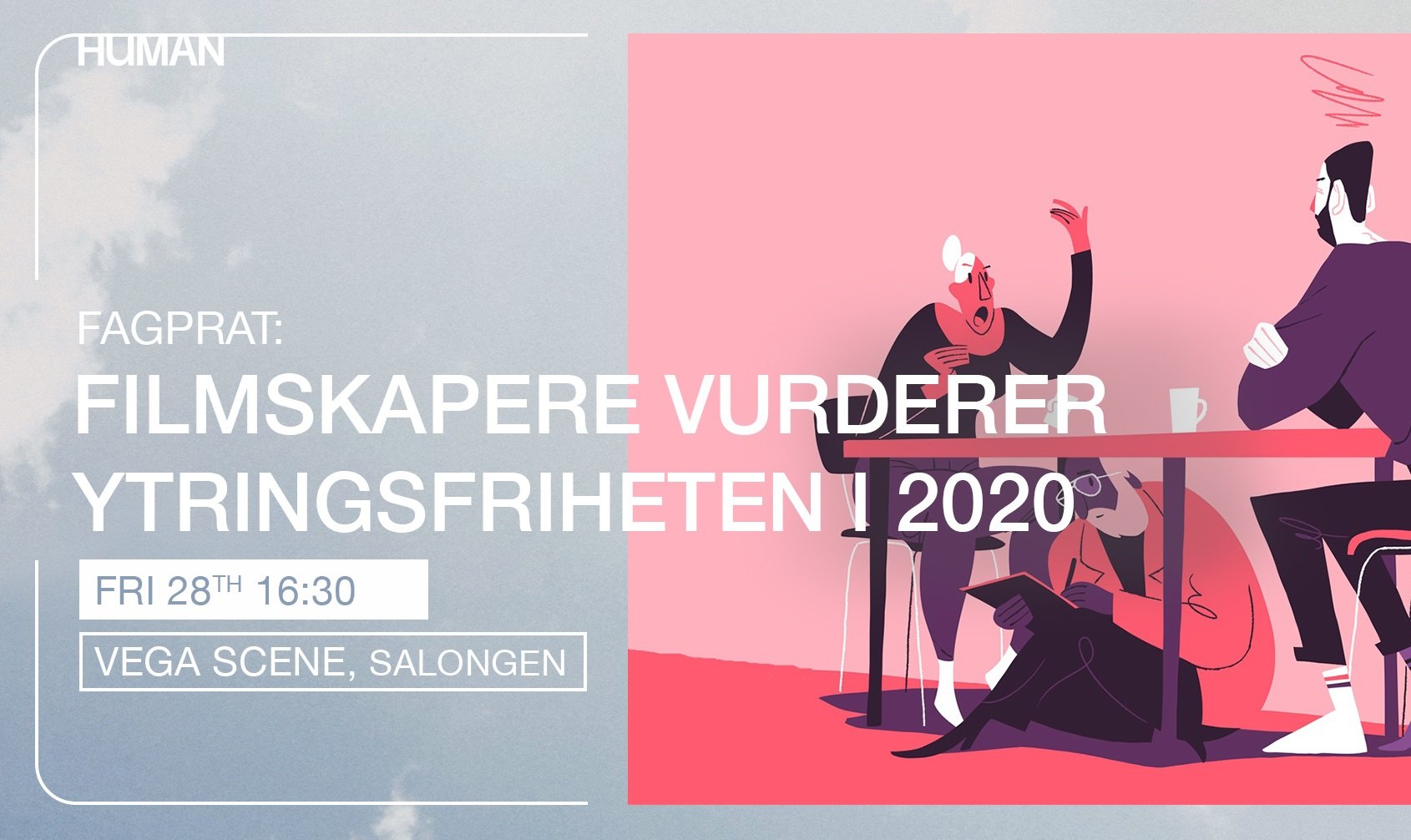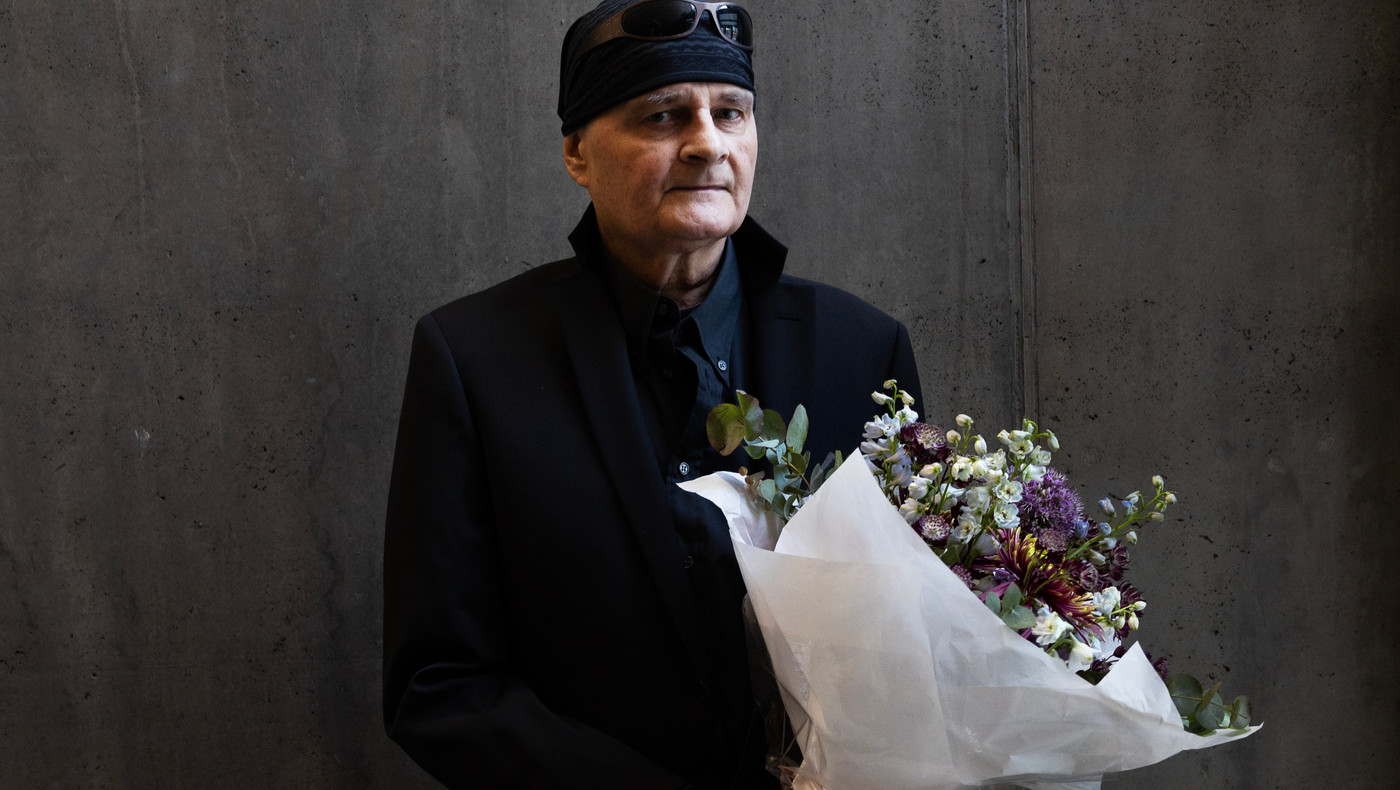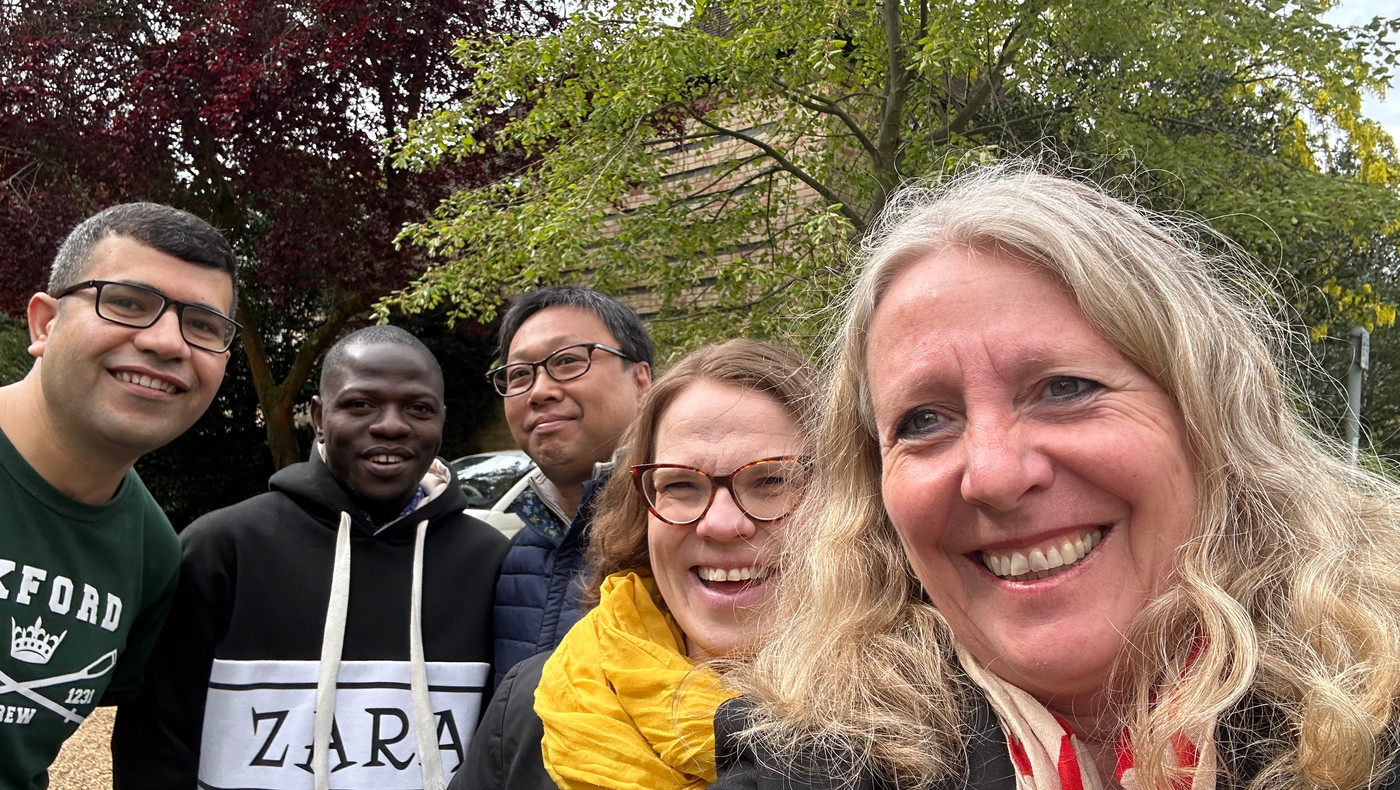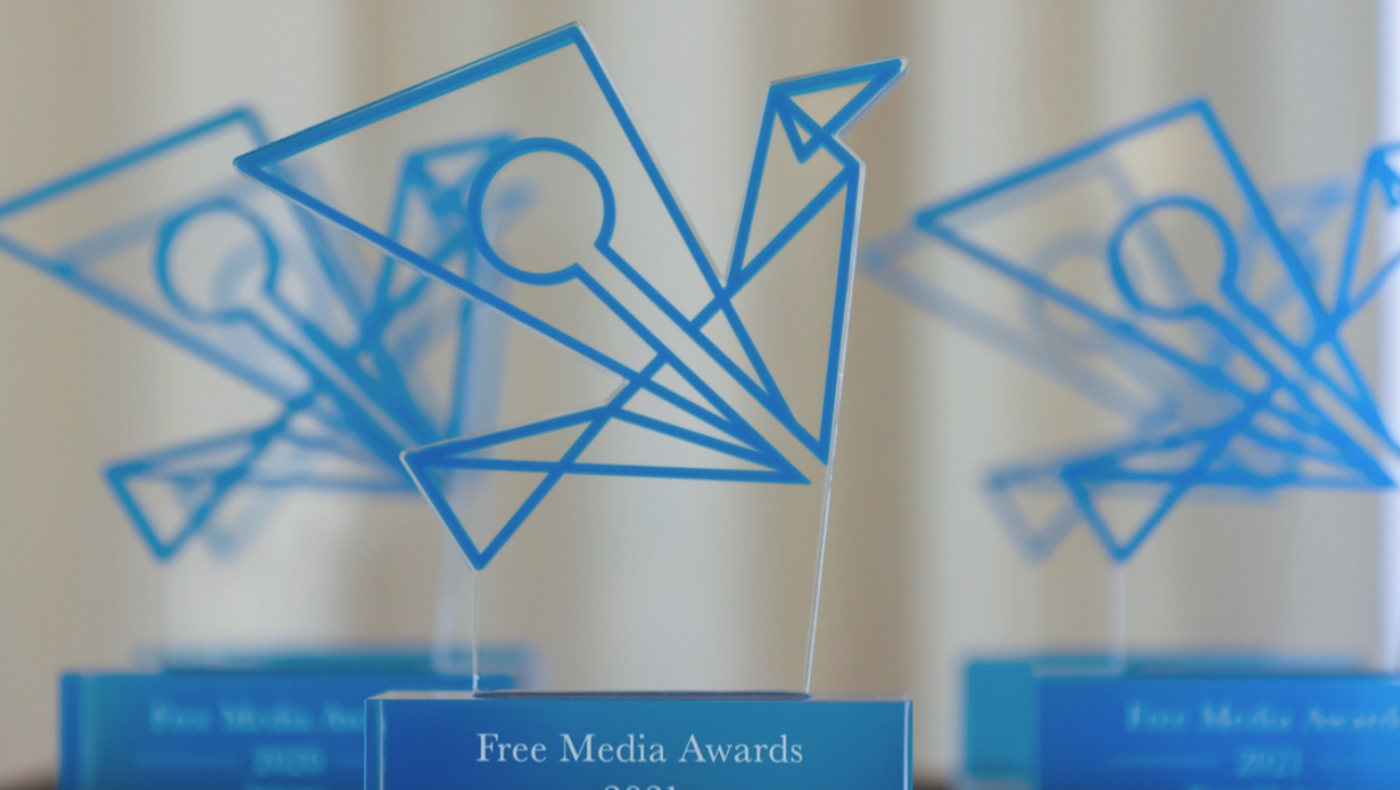Filmmakers assess freedom of expression in 2020
Time and venue: 28 February 2020, 4:30 – 5:30 p.m., at Vega Scene, Hausmanns gate 28, Oslo.
Artistic freedom of expression is often an indicator of exactly where we draw the line in a society. Has the work of Norwegian documentalists become more difficult?
While legal protection, norms for artistic freedom and cultural policies can protect freedom of expression, it is assumed that fluctuations in public opinion, political situations, levels of conflict and power structures related to artistic production and the promotion of the arts create challenging situations for filmmakers.
Tore Slaatta and Hanne M. Okstad are engaged in a new research project to explore how filmmakers assess freedom of expression in Norway today. A great deal has happened since the last time this issue was examined, e.g. Metoo, growing polarisation and online harassment, sharper political controversy at the national and international levels alike, and climate issues.
Welcome to a research project in which three filmmakers are going to talk with Professor Tore Slaatta about their experiences and thoughts related to freedom of expression, censorship and self-censorship in their own work and in the communities around them. We will pose the following questions:
When and how do censorship and limitations on freedom of expression arise in cinematography? Are there major differences in the challenges facing makers of fiction films and documentary films? What part does money play? What about the way in which films are produced and distributed, given that both financing and distribution currently take place in an international context?
About the study
Fritt Ord regularly performs studies of the conditions for freedom of expression in Norway. Read more about the latest phase of the research project here. The report from 2014 is available at www.ytringsfrihet.no.
PANEL
Tonje Hessen Schei, director of the documentary film iHuman
Nefise Lorentzen, director of a trilogy on islam and gender, and the film “A Gift from God”.
Sara Johnsen, scriptwriter and director of the TV series “22 July”, together with Pål Sletaune.
Tore Slaatta, director of the consultancy and analytical agency TSL Analytics
Moderator: Karsten Meinich, editor of Montages
Free entry. Organised by Fritt Ord and the HUMAN International Documentary Film Festival.
Link to the Facebook event.




